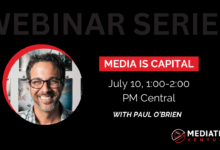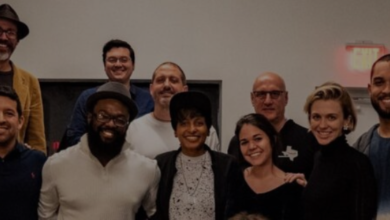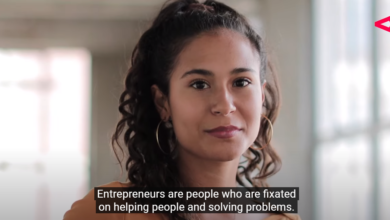Fred Wilson: It’s a Good Time to Invest in Media Companies

Among Venture Capitalists I read, Fred Wilson ranks among the highest. A venture capitalist since 1987, he is currently a partner at Union Square Ventures; formerly having founded Flatiron Partners.
USV should come to mind among the many venture firms familiar in media, Union Square had billion dollar exits every year from 2011 to 2017 including Zynga in 2011, Tumblr in 2013, Twitter in 2013, and Twilio in 2016, among many. Besides that, they’re in Behance, Boxee (acquired by Samsung), Clarifai, Del.icio.us, The Recount, Disqus, DuoLingo, Feedburner, Figure 1, Quizlet, Radionomy, and Yieldmo.
Wilson publishes a blog called AVC: musings of a VC in NYC where he publishes one post per day, a bit of a solid reminder of Gary Vaynerchuk’s recent encouragement that everyone is a media company. AVC usually covers a topic related to venture capital, entrepreneurship, or the Internet, every day. A favorite article is a very recent one, Grinding…
It is tempting to search for the one magic move that will make everything better. A new VP of Sales. A new database layer in your tech stack. A new brand for your company. Moving everything to the cloud. More capital in the business.
But it is rarely one thing that a business needs to succeed. It is often a little bit of everything.
But it’s not AVC’s recent articles that I really wanted to share, it’s an interview had with Business Insider’s Lucia Moses, drafting off USV’s investment in The Recount.
“Eighteen months ago, I had breakfast with John Heilemann and he told me that his world, political media, was challenged in the shift from linear television (ie cable news) to real-time mobile (ie Twitter). He saw an opportunity to address that by filling the void in between them with news content that was made for real-time mobile consumption but had the journalistic integrity and production values of linear television.
I said to him “you should start a company to fill that void and you should get John Battelle to join you in starting that business.””
Fred Wilson, AVC
It’s a good time to invest in media companies
Lots of media companies, meanwhile, are consolidating and downsizing. He thinks upstarts and digital companies will find success going back to more traditional models — Amazon launching physical stores, Netflix going into movie theaters, and digital media companies buying print arms. He doesn’t think WeWork and Uber’s highly-publicized problems will make investors any more likely to push startups in their portfolios toward profitability. There’s still plenty of cash to go around for people with big (profitless) visions. He’s a fan of direct listings — a newish alternative to a traditional IPO that other venture capitalists like Bill Gurley have been crowing about, too.
Lucia Moses, Business Insider
Fred Wilson’s most notable advice from his chat with Moses? “I think it’s important to stay lean. Keep costs low. Create lots of content without creating a huge infrastructure. “
“Venture has had a love-hate relationship with media”
The interview is a must read as the two quickly weave through streaming media, audio and mobile, print, and more, noting that venture capital comes and goes, being enthusiastic and exuberant about the space before turning and being conservative about innovation in media. Must read, ultimately, because Wilson teases out the convergences and unexpected directions many companies are taking, leading investor interest.
Unexpected directions such as digital media companies buying print, Netflix getting into the theater business, or the many traditional news publishers looking to audio and mobile.
What left me most excited, is an affirmation of a point we constantly make in startup communities beyond the coasts of the United States, where investors seem to be pressuring early monitization and profitability, “I don’t think there’s going to be a material change in incentives to get to profitability quicker. There’s still a tremendous amount of capital to fund losses. And entrepreneurs with big visions who need investment to fund them are still going to find it.”
Where they find it, regardless of what they’re doing, seems to be through an embrace of the impact of media.







